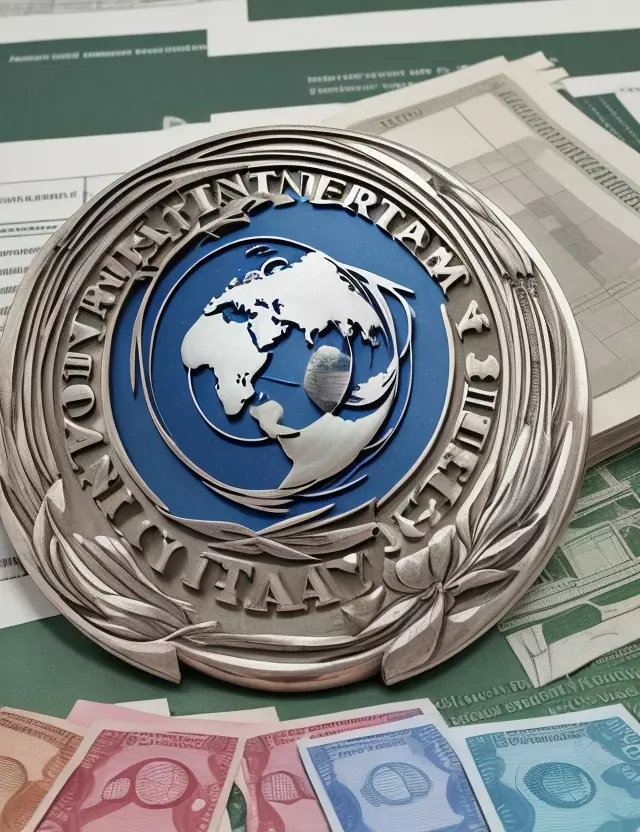Founding of the IMF and World Bank: Promoting Global Economic Stability
Establishment of Key Institutions (1945-12-27)

Founding of the IMF and World Bank: Promoting Global Economic Stability
On December 27, 1945, the international community took a significant step toward promoting global economic stability with the founding of the International Monetary Fund (IMF) and the International Bank for Reconstruction and Development, commonly known as the World Bank. This historic event emerged from the Bretton Woods Conference held in July 1944.
The Bretton Woods Conference
The Bretton Woods Conference, held in Bretton Woods, New Hampshire, USA, brought together representatives from 44 countries. The primary goal was to establish a framework for international economic cooperation after the devastation of World War II. The conference laid the groundwork for the creation of the IMF and the World Bank.
The International Monetary Fund (IMF)
The IMF was established to foster global monetary cooperation, exchange rate stability, balanced trade, and financial stability. It provides a forum for member countries to consult and collaborate on international monetary issues, offering financial assistance to countries facing balance of payments problems.
The International Bank for Reconstruction and Development (World Bank)
The World Bank focuses on long-term economic development and poverty reduction. It provides financial and technical assistance to developing countries for projects such as infrastructure, education, healthcare, and environmental sustainability. The World Bank comprises five institutions, collectively known as the World Bank Group.
Global Economic Stability and Development
Both the IMF and the World Bank play crucial roles in promoting global economic stability and development. The IMF's surveillance and financial assistance help countries navigate economic challenges, while the World Bank supports projects that contribute to sustainable development, poverty reduction, and improved living standards.
Collaborative International Efforts
The founding of the IMF and World Bank reflects the international community's recognition of the need for collaborative efforts to address economic challenges on a global scale. These institutions continue to evolve and adapt to changing economic landscapes, working towards their shared mission of fostering stability and prosperity worldwide.
Commemorating December 27, 1945
As we commemorate December 27, 1945, let us acknowledge the lasting impact of the IMF and World Bank in shaping the world's economic architecture. These institutions stand as symbols of international cooperation, working towards a more stable and equitable global economic system.



